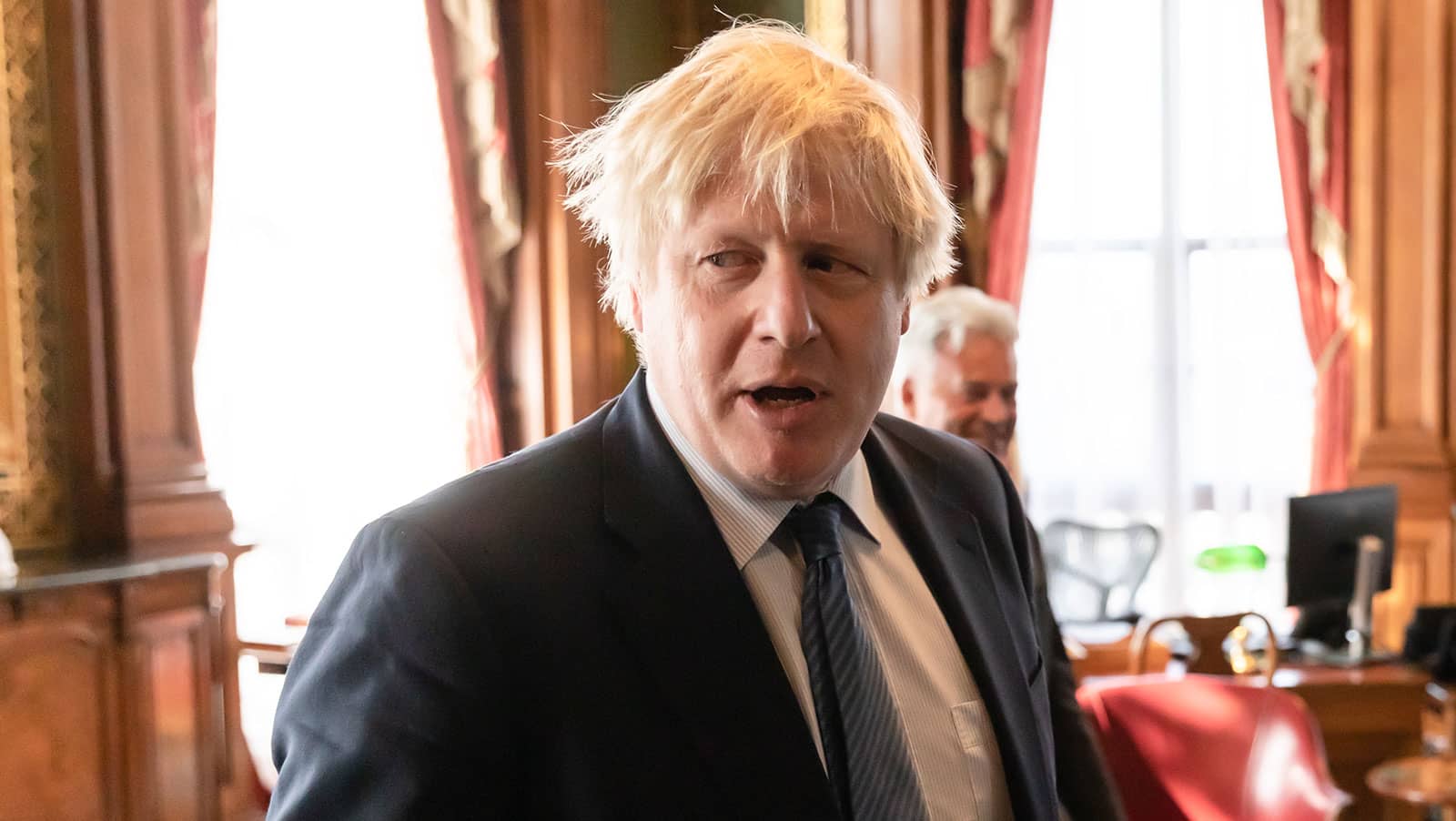The United Kingdom has spoken, and British businesses can breathe a sigh of relief. No, Boris Johnson is not a friend of business. No politician is. He’s certainly not a friend of the gaming industry in particular, but unlike Jeremy Corbyn or his U.S. equivalent Elizabeth Warren, he’s not an avowed enemy either. Unlike Corbyn he won’t intentionally try to destroy the economy and say “you’re welcome” and then “oops” when the socialist utopia he spends other people’s money on, fails to materialize.
Recall that Johnson was instrumental in pushing the Tories to back the fixed odds betting terminal maximum stake to £2, and raising the point of consumption tax to 21%. If Johnson needs money to fund whatever spending plans he wants passed, he won’t hesitate to scapegoat the gambling industry like all politicians do and pull the moralist card. Also, keep in mind that as high as taxes are on gaming in the U.K., there are still no direct taxes on the consumer side. Gamblers can still take home their winnings tax free. That should not be taken for granted. Could Johnson end up reversing this and tax punters directly? There is no indication of this, but I wouldn’t put it past him if he needs the money.
The most important aspect of U.K. elections last week then is not that Johnson will be friendly to gambling, but that for the first time since 2016, the business community can focus on something other than planning for Brexit. Like, say, doing business, which is kind of essential for stock prices. Labour lost so badly not because people admire the Conservatives or Johnson, but because if anyone but the diehard ideologues voted for Labour, then the Brexit mess would just continue on and on and nobody could stand it any longer. They just wanted to shut Parliament up already and get it over with, regardless of whether they voted leave or remain or whatever.
So by January the U.K. will be out of the European Union, and by the end of the year the two sides will have a trade deal. Johnson’s move to outlaw any extension to the transition period beyond 2020 as the very first thing he does, will add a perception of stability to the business community. Sure, we’ll see headlines all over the place about the brinkmanship in negotiating an EU trade deal and it will go down to the wire and all the rest, but the EU will have no choice but to agree to a trade deal by the end of the year transition deadline because by then the EU will be in a much weaker position than the U.K. If a systemic banking crisis is not triggered by midyear in the EU, then the lack of a trade deal by the end of 2020 will most likely get it going.
